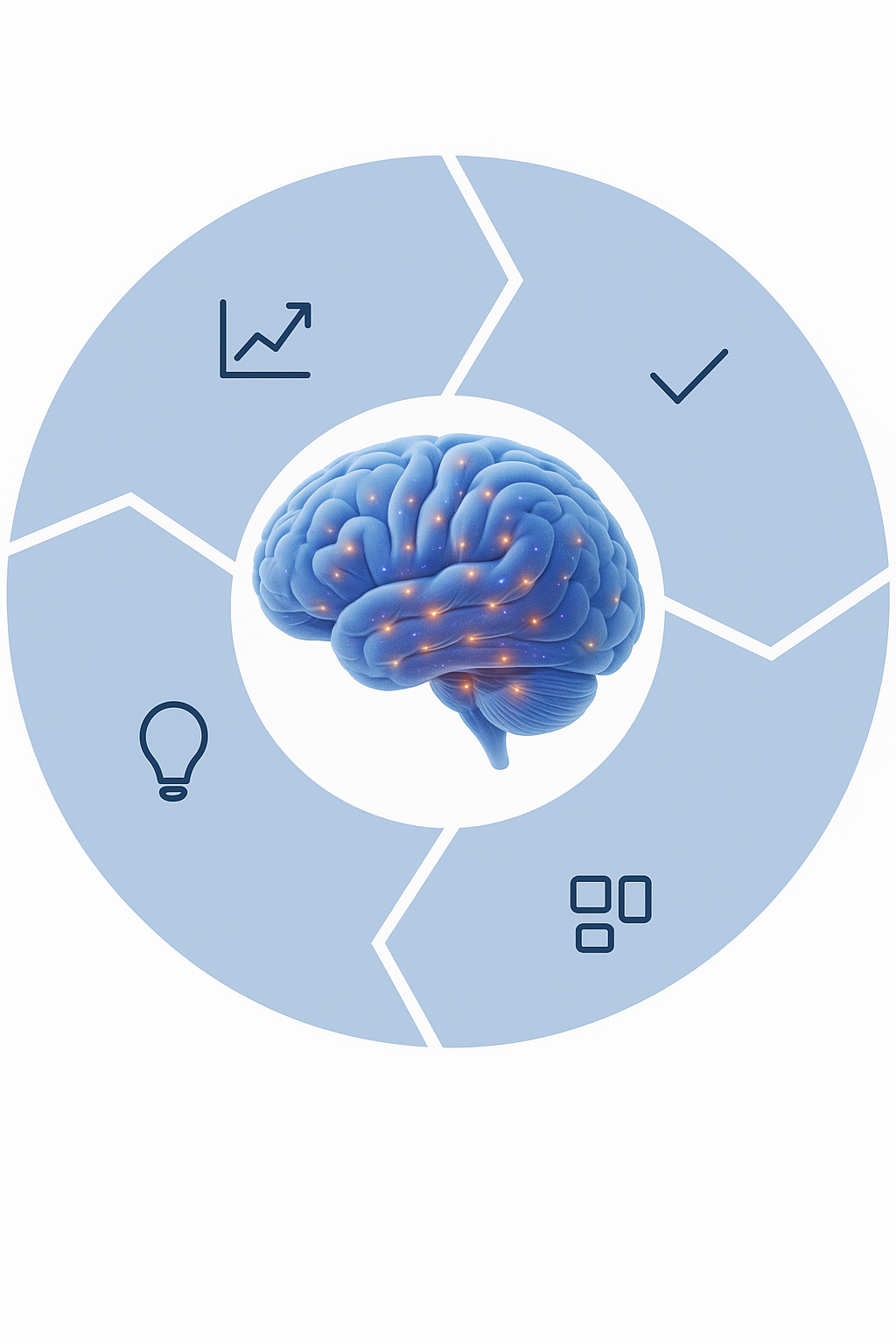About Our Lab
Understanding the brain through computational approaches
Our Mission
The Biomedical Research in AI and Neuroimaging (BRAIN) Laboratory at the University of Texas at Arlington is dedicated to advancing our understanding of brain function and mental health through the innovative application of computational methods and artificial intelligence.
Led by Dr. Xi Zhu, our interdisciplinary team combines expertise in neuroscience, psychiatry, computer science, and engineering to develop novel approaches for analyzing complex neural data and understanding the mechanisms underlying cognitive processes and psychiatric disorders.
Through our research, we aim to bridge the gap between computational theory and clinical application, ultimately contributing to improved diagnostic tools and therapeutic interventions for mental health conditions.

Research Focus
- Individualized Treatment Outcome Prediction
- Personalized early Diagnosis, and disease progression prediction
- Biotype Discovery & Subtyping
- Development of AI and multimodal deep learning models (e.g., VAE, explainable AI)
- Integrating imaging, digital phenotypes, genetics, and clinical data

- Design and implementation of extinction, fear learning, cognitive tasks, eye-tracking, and brain circuits
- Various imaging modalities and pipeline
- Multimodal imaging integration
- Identifying structural and functional brain biomarkers (fMRI, DTI, etc.)
- Focus on psychiatric (PTSD, MDD, OCD) and neurodevelopmental disorders
Our Approach
Interdisciplinary Collaboration
We believe that groundbreaking research emerges at the intersection of disciplines. Our lab brings together researchers from neuroscience, computer science, psychology, psychiatry, and biomedical engineering to tackle complex questions about the brain and mental health.
Translational Focus
While we engage in fundamental computational research, we maintain a strong focus on translating our findings into tools and insights that can ultimately improve clinical practice and patient outcomes.
Open Science
We are committed to the principles of open science, making our methods, data, and software tools available to the broader scientific community whenever possible to accelerate discovery and innovation.